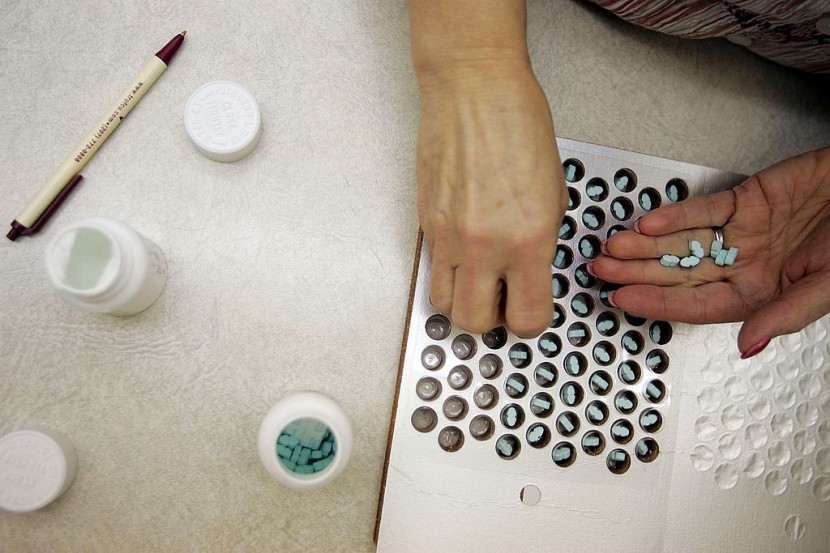
Acella Pharmaceuticals cannot seem to figure out how to make a good thyroid medicine. The pharmaceutical recalled 35 commercial lots and three trial lots of NP Thyroid medicine for sub-potency. The recalled drug had been previously approved for the treatment of underactive thyroids.
The US FDA recalls Acella's thyroid medicine for sub potency
Tests reveal these lots had less than 90 percent of the active ingredients liothyronine (T3) and levothyroxine (T4), as stated on the bottle labels. If this sounds familiar, Acella recalled some lots of NP Thyroid in September 2020 due to sub-potency, and other lots in late May 2020 due to super potency, as per Miami Herald.
The United States Food and Drug Administration (FDA) reported on its website this weekend that patients who take these tablets for underactive thyroids would not get the full potency or less than the 90 percent stated on the label.
The recalled lots are in 100-count bottles of 15, 30, 60, 90, and 120 milligrams strength tablets and seven-count bottles of sample lots of 15, 30, and 120-milligram strength tablets. Thyroid tablets are available in 100-count and seven-count bottles, the IBT reported.
Read Also: Antiseptic Throat Spray, Malaria Drug Cut COVID-19 Infection Risk, According to Researchers
Patients taking the recalled thyroid medicine might experience hypothyroidism
Hypothyroidism signs include thyroid gland swelling, slow heart rate, exhaustion, nausea, elevated susceptibility to cold, dry skin, puffy face, hair loss, constipation, and unexplained weight gain or trouble shedding weight for those that take the drug. Toxic cardiac symptoms of hyperthyroidism, such as cardiac pain, palpitations, or cardiac arrhythmia, can occur in older patients or those with underlying heart problems. Also, it poses a risk of severe harm in newborn infants or pregnant women with hypothyroidism due to early miscarriage, fetal hyperthyroidism, and potential nerve and bone growth defects.
Acella has recorded 43 reports of adverse effects as a result of the recall so far, Newsweek via MSN reported. Patients who have the prescription should not quit taking it without first consulting a physician since the risk of halting it without medical consultation is higher than stopping it abruptly, according to Acella.
A complete list of recalled lots can be found here. The list contains the infected Acella thyroid tablets' NDC number, product summary, lot number, and expiration date. Click here to see a few images of the recalled thyroid medicine. Pharmacies, wholesalers, and healthcare departments across the United States and Acella's direct accounts received the recalled drugs.
If this or any drug causes a medical problem, after notifying a medical professional, let the FDA know via its MedWatch Adverse Event page or by filling out a form you can get by calling 800-332-1088. Only then can you call the manufacturer. For questions about the recall, contact Acella at recall@acellapharma.com or 888-424-4341, Monday through Friday, 8 a.m. to 5 p.m., Eastern time.
© 2025 HNGN, All rights reserved. Do not reproduce without permission.








